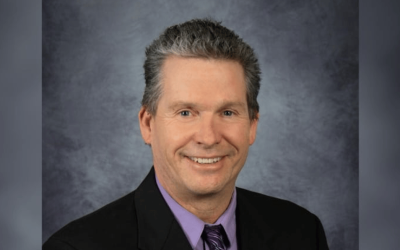Winnipeg, MB: The Frontier Centre for Public Policy is proud to release a groundbreaking study authored by Frontier’s education research fellow Michael Zwaagstra. The study, entitled Math Instruction that Makes Sense, demonstrates conclusively that traditional math education methods are superior to the highly ineffective, discovery-based instructional techniques that are in vogue now in educational curricula. Zwaagstra shows why these techniques do not allow students to master basic math skills.
Zwaagstra draws on a wealth of relevant studies to argue that, “ in order for students to receive a strong grounding in math, they need to spend more time practicing math skills such as basic addition and subtraction along with the standard multiplication tables.” “There is ample research evidence showing that deliberate practice is the best way to gain mastery over a particular subject or skill,” said study author Michael Zwaagstra.
In order to improve our system of math instruction, schools must place a much stronger emphasis on mastering basic math skills and standard algorithms. Math curriculum guides must require the learning of standard algorithms, and textbooks must contain clear, systematic instructions as to their use.
Numeracy, a solid understanding of mathematics, is an important part of a well-rounded education but it is also essential for people to function competently in industrial and post-industrial economies, and in societies that rely on copious scientific and technological information to make decisions about our future. The proper school teaching of the discipline is paramount.
Zwaagstra points to the importance of a solid foundation in math skills as crucial for success in many college and university programs. He points out that these ineffective, yet commonly used techniques are leaving a whole generation of high school students unprepared for many of their academic or vocational programs.
A Copy of Math Instruction that Makes Sense can be downloaded HERE.
ABOUT THE AUTHOR:
Michael Zwaagstra is a research fellow at the Frontier Centre for Public Policy and specializes in education policy. He has extensive teaching experience at a variety of grade levels and currently teaches high school social studies in Manitoba. He received his B.Ed., Post- Baccalaureate Diploma in Education and M.Ed. from the University of Manitoba where he won several academic awards including the A. W. Hogg Undergraduate Scholarship, the Klieforth Prize in American History and the Schoolmasters’ Wives Association Scholarship. His columns promoting common-sense education reform have been published in major daily newspapers including the National Post, The Globe and Mail, the Winnipeg Free Press and the Calgary Herald. He is also a frequent guest on radio stations across the country. His best-selling ?rst book, What’s Wrong with Our Schools and How We Can Fix Them?, was released in 2010.
For more information please contact:
Michael Zwaastra, MEd
204-371-5125
Marco Navarro-Genie, PhD
Director of research
403.995.9916


